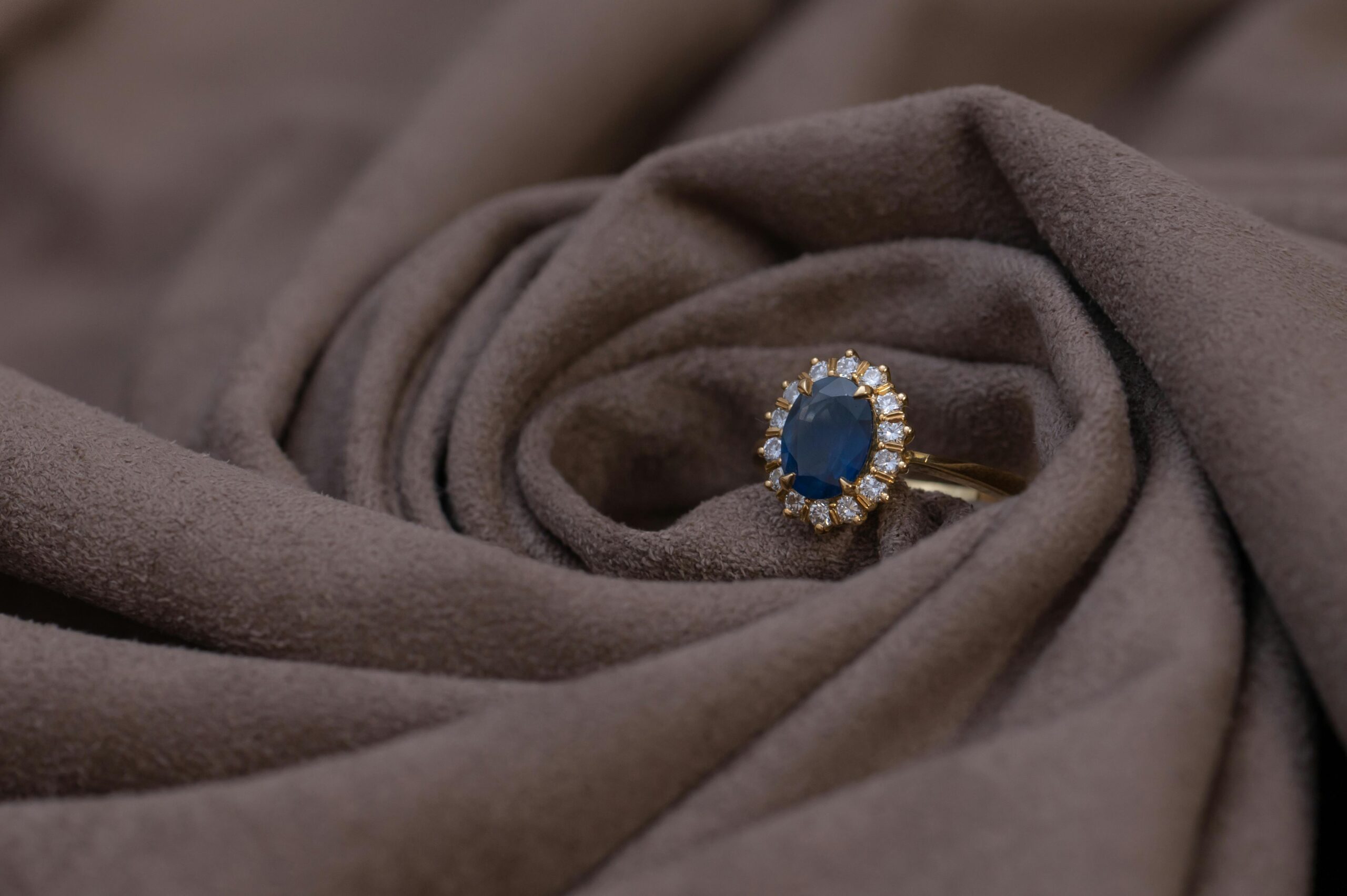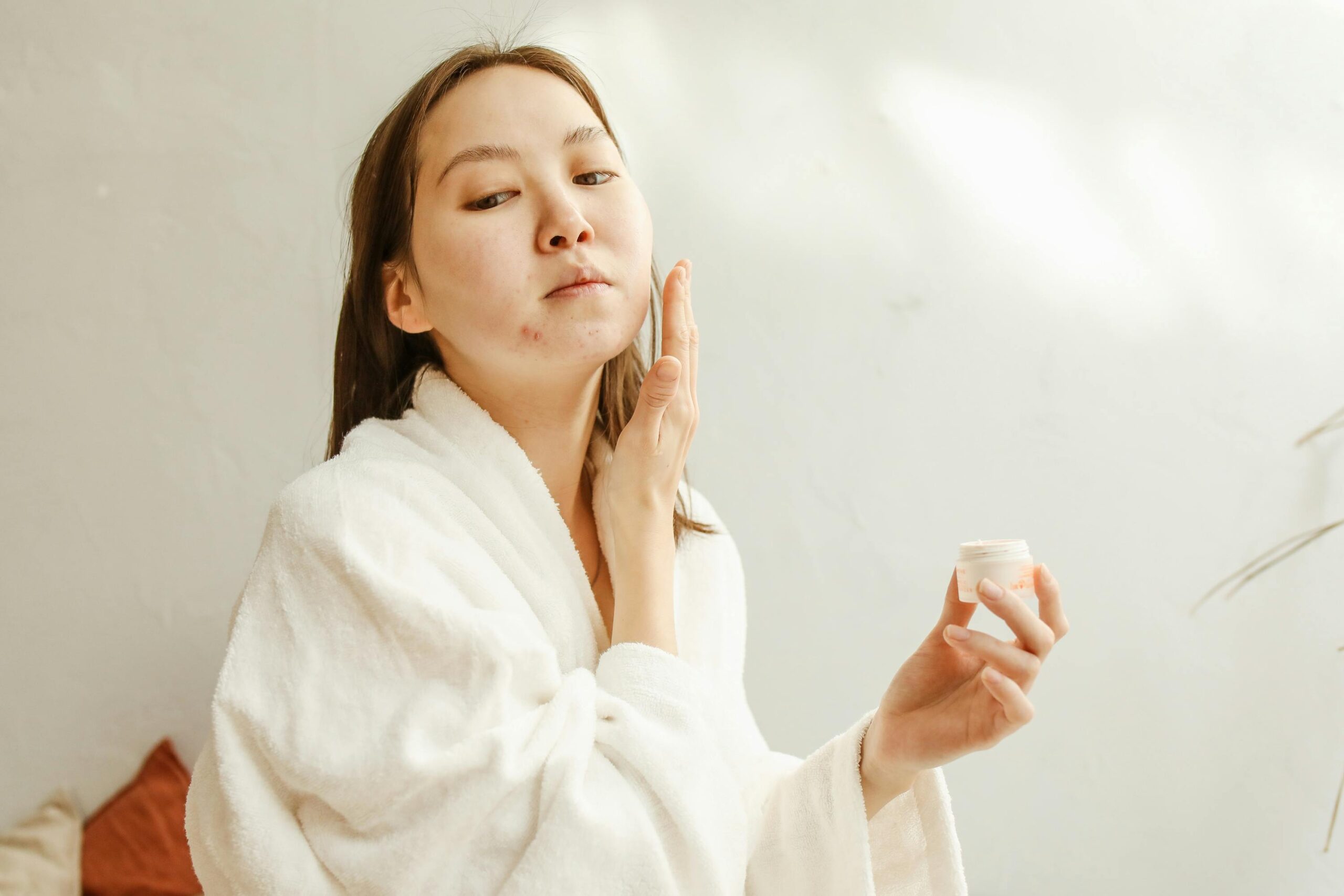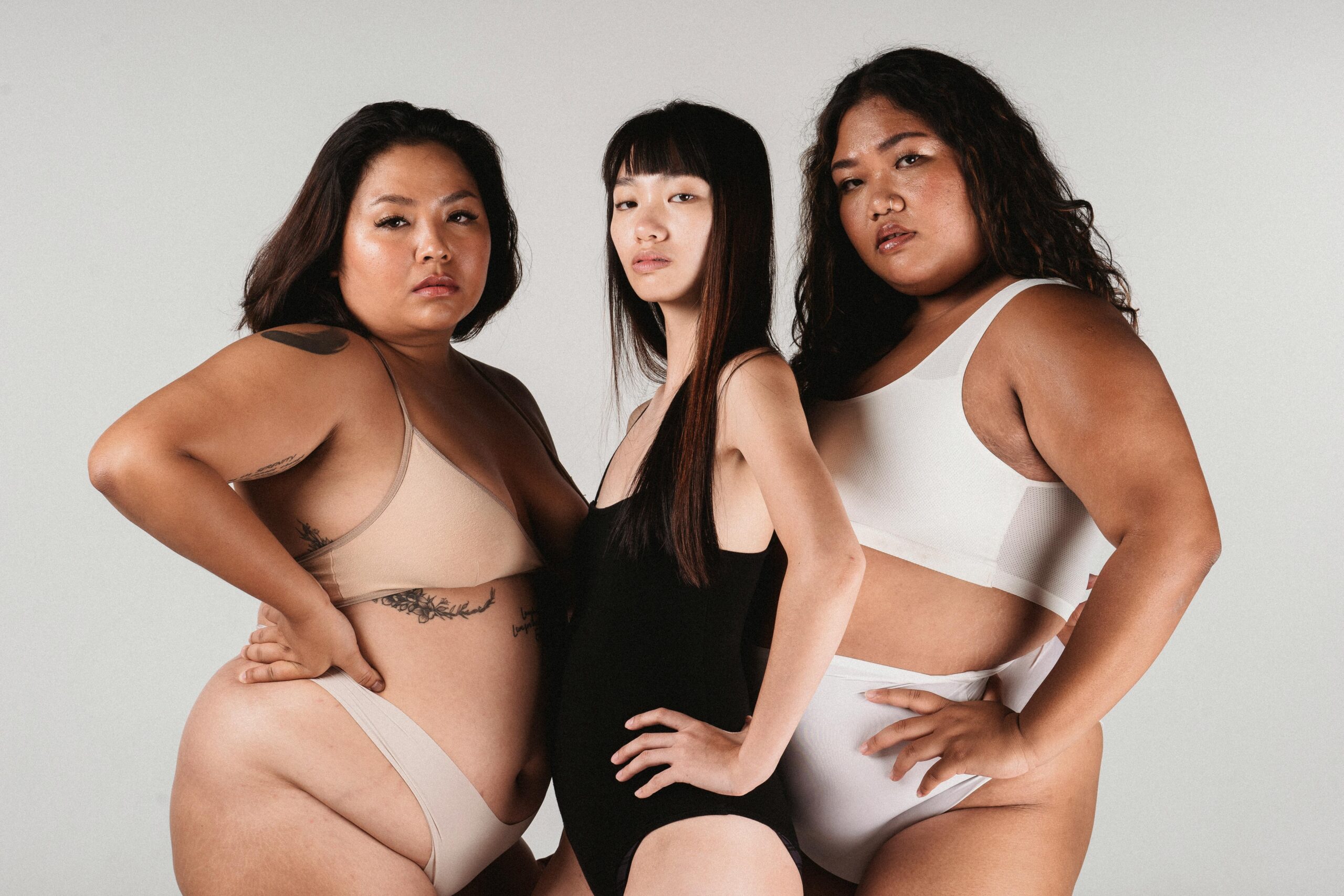
Everyone is familiar with the Fortune 500, an annual list of the five hundred most profitable US industrial corporations. What is perhaps lesser known is that women only make up 4% of CEOs in the Fortune 500. Hardly a number worth boasting about. To emphasize just how male-dominated this world is, a study from 2015 found that there are more men named John, Robert, William or James than there are women among chief executives in S&P 1500 firms. *Sigh*
While it seems it is going to take a lot longer until we see anything close to gender equality at this level of business, it certainly doesn’t mean that there aren’t numerous female CEOs globally who are pushing boundaries that are worth talking about. The H&M Foundation has launched their own list as a way to present a female-focused counter-balance to the Fortune 500.
Called the Foundation 500, the list highlights not just female entrepreneurs from around the world who deserve more recognition, but specifically women of color who come from rural or developing areas. The idea stems from the Foundation’s continuing work to empower female business owners globally. In 2014, they donated $8.4 million to CARE, an NGO focused on promoting social justice and fighting poverty.

This money was able to provide job skills training and business capital to more than 100,000 female entrepreneurs in 20 countries. By the end of 2016, after seeing how far the money went, they pledged a further $5.6 million for 3 more years. The Foundation 500 is a way of highlighting the work of some of these women who have become role models to their communities. Reintje van Haeringen, CARE Netherland’s program manager for women empowerment and business development says the list is “a representative mix of the women who’ve been role models during our program.”
H&M Foundation and CARE´s message is that empowering women is one of the most effective ways to break the cycle of poverty and create economic growth. Entire economies lose out when a substantial part of the population can´t realize its full potential.
“The entrepreneur is the hero of our time, and it is estimated that over the coming years over 1 billion women will enter the workforce – a majority through entrepreneurship. But, you can’t be what you can’t see. Women rarely make the covers of business magazines, in fact the last time a woman was on the cover of Fortune Magazine was October 2014. With the Foundation 500 list we want to re-define what a business leader looks like,” says Diana Amini, Global Manager at H&M Foundation.

Some of the women featured are from Ivory Coast, Indonesia, Jordan, Sri Lanka, Peru, and Zambia. The business range from food to clothing, accessories, homewares, retail, healthcare, electronics, wholesale, and consumer products among others. As described on the Foundation 500 website, the focus on these women goes far beyond boasting rights or success stories, as is more commonly associated with the Fortune 500 list each year. The impact these women of color entrepreneurs are making is far-reaching.
“These women became entrepreneurs and business leaders in a world where women are consistently refused the same access to education, financial service and bank loans as men. Therefore, these 500 companies are also 500 stories about life-changing bravery, independence, role models and gender equality. And there’s a clear business case. By advancing gender equality, USD12 trillion would be added to the global economy by 2025, and women’s economic empowerment is seen as the core contributing factor to overcome poverty,” it says.

The list was also part of the H&M Foundation’s commitment to reach the United Nations Sustainable Development Goal (SDG) on Women’s Empowerment and Gender Equality.
The success of H&M’s partnership with CARE can already be seen in the lives of women who have benefitted from the program. For example, in Burundi, the average rate of increase in income among women in the program was 202,8%, the lowest being 104% and the highest 401%.
Philomene Tia from Ivory Coast is the owner of first bus company, a hotel complex, a chain of beverage stores, and a cattle-breeding operation. She credits her entrepreneurial skills to her upbringing; Tia had 42 siblings and quickly learned to be independent at a young age.

“I often tell other women that it is the force inside you and your brains that will bring you wherever you want to go,” she told the H&M Foundation.
Elankumaran Selvmalar is the founder and owner of ABISH Cottage Industry in Sri Lanka. She fled Sri Lanka in 1987, ending up in a refugee camp in India. When her husband left her, she found herself a single mom with two children to support. This experience is part of what prompted her to start her business, a snack-making company.
She gained experience in the food world during her time as a refugee, when she worked in a spicy snack factory. When she eventually returned to Sri Lanka, she was determined to inspire her children and women around her. It was a struggle for her to launch her company as female-owned businesses are still considered culturally taboo.
“As an entrepreneur, my mission is to support other women and I am so proud to be able to say that there are women who have benefitted from me in many ways,” she told the Foundation.

Andrea Gala is a 20 year-old entrepreneur from Peru who is the president of the Trout Women Producers Association in Pacatan. She hopes to expand into the restaurant business and build her community into a tourist destination. Her motivation to continue to develop her company comes from her dream of passing the business on to her daughter.
The visibility and success of these women will no doubt have a major impact on other, especially younger women, in their families and communities, especially in countries where it is still forbidden or frowned-upon for women to own businesses or have any sort of influential public role.
“If the world is to achieve the UN Sustainable Development Goals on Women’s Empowerment and Gender Equality, the time to act is now,” says Karl-Johan Persson, Board member H&M Foundation and CEO H&M.
You can see the full list of women and read about their lives and businesses on the Foundation 500 website.


















congratulations to each and everyone of them!
http://freedomnews.today/